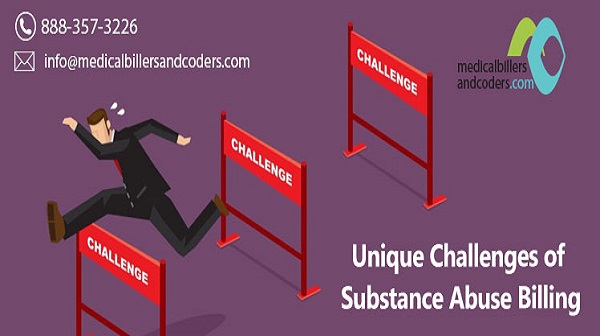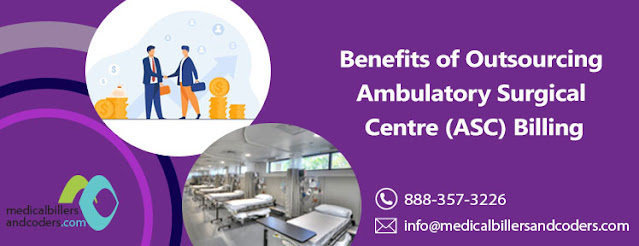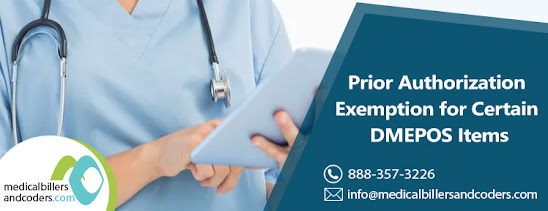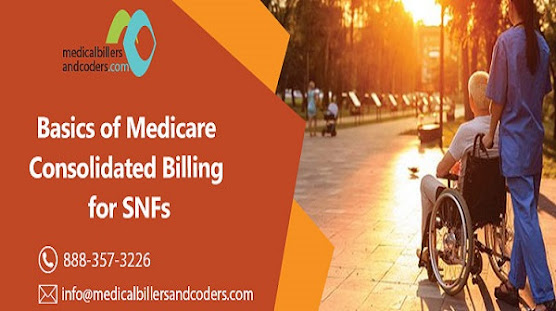Unique Challenges of Substance Abuse Billing

Medical billing on its own can be a complex process, requiring specific expertise. However, substance abuse billing comes with unique challenges even for certified billing and coding experts. Substance abuse billing is one of the major areas with which drug and alcohol addiction treatment centers struggle resulting in lost revenue and delayed payments. Many drug rehabilitation centers and behavioral health organizations are closing their doors due to rapidly changing industry laws, regulations, and payer reimbursement policies. Substance abuse services are provided by: Physicians (medical doctors or doctors of osteopathy); Clinical psychologists; Clinical social workers; Nurse practitioners; Clinical nurse specialists; Physician assistants; and, Certified nurse-midwives. These substance abuse treatment providers are finding it increasingly difficult to get reimbursements from payers. To get more information about Substance Abuse Billing and its challenges click here: https://bit.ly/3Wh













